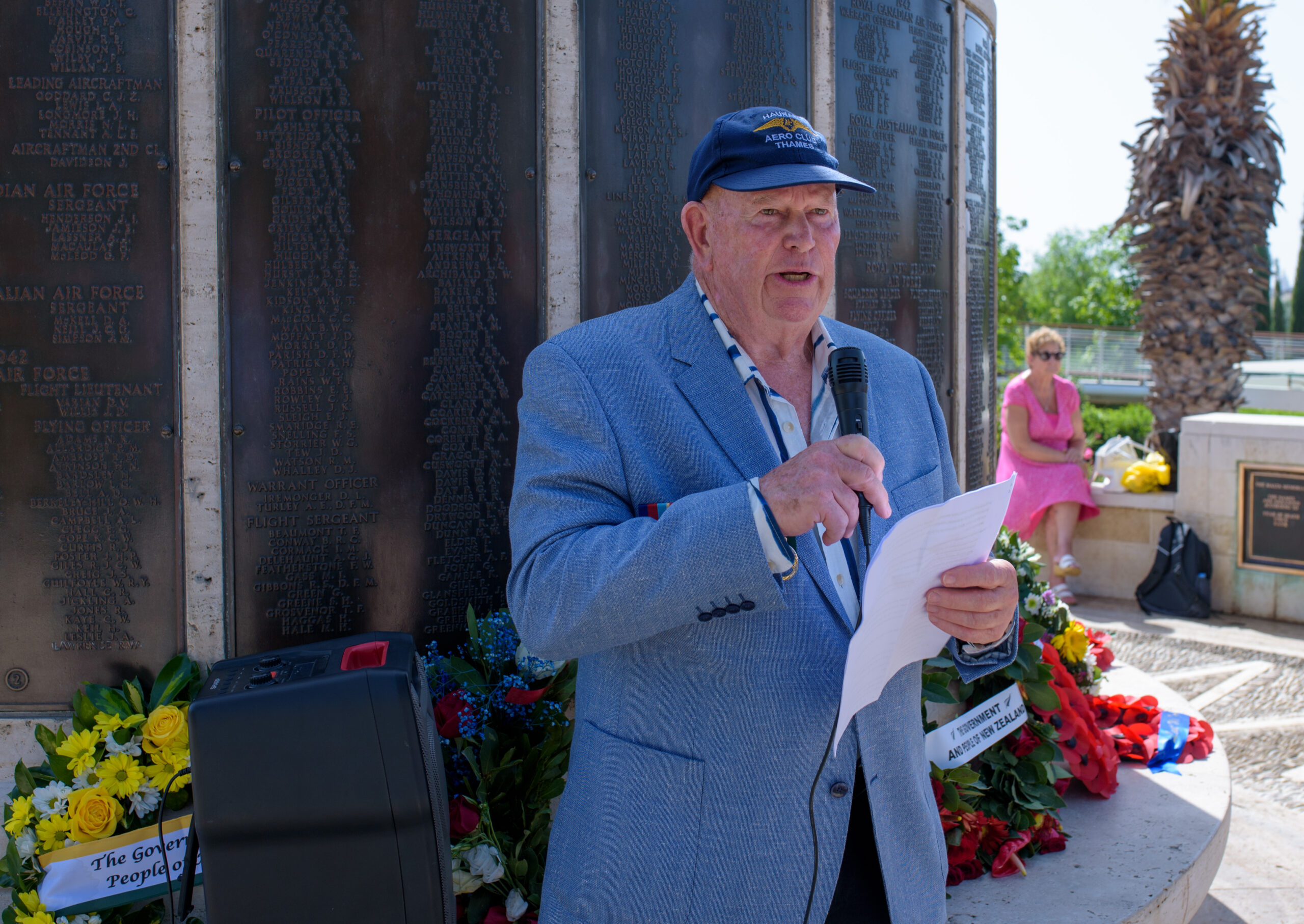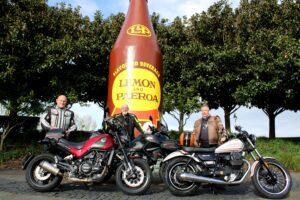An email sent one night to the Governor of Malta led to Geoff Furkert speaking at two RAF commemorations on the Mediterranean island.
There, he spoke of Sir Keith Park and was in the presence of dignitaries – a “great chance to show the flag and get something done”, he said.
Geoff is the president of Thames’ Sir Keith Park Memorial Airfield, and he has been a strong supporter of the late Royal Air Force pilot whose leadership was pivotal to winning the Battle of Britain. And once Geoff learned that Sir Keith was also instrumental in the Mediterranean, he took his advocacy across oceans.
“I was at my computer one night and was thinking: ‘Park went to Malta’, so I Googled the Governor of Malta, and there was an email address, so I emailed him.
“He put me in touch with the right people and it all stemmed from there,” Geoff told The Profile.
One event was held on September 21 at a new RAF Memorial at the Ta’ Qali Aviation Museum. The second was held the following day at the Malta Memorial – which commemorates almost 2300 airmen who lost their lives during World War II while serving with the Commonwealth Air Forces.
Geoff laid a wreath at the memorial and spoke of Thames-born Sir Keith, explaining that the defence of Malta and the region was “quite a large part of the Allies winning North Africa”.
“He was assigned there in early 1942 because Malta was getting very heavily bombed.
“At that stage, Malta was at the point of giving up, basically, but Park was assigned there and he very quickly applied the tactics that won the Battle of Britain, and within literally a matter of days, the German bombing stopped,” he said.
Geoff also told of how Park’s aircraft cut off the supply lines from German general, Erwin Rommel.
He said it was a “huge honour” to be at the commemorations.
“I was in the company of Lesley Park, who is the great niece of Sir Keith, and she has been very supportive of what we are doing here.
“It was absolutely amazing to have that tribute,” he said.
When the siege of Malta was lifted, Sir Keith transitioned the island’s RAF forces from a defensive role into an offensive role, before retiring from the RAF in 1946.
He died in February, 1975, in Auckland.

Geoff Furkert delivers his keynote address. PHOTO: SUPPLIED
From Thames to Malta for Sir Keith supporter




